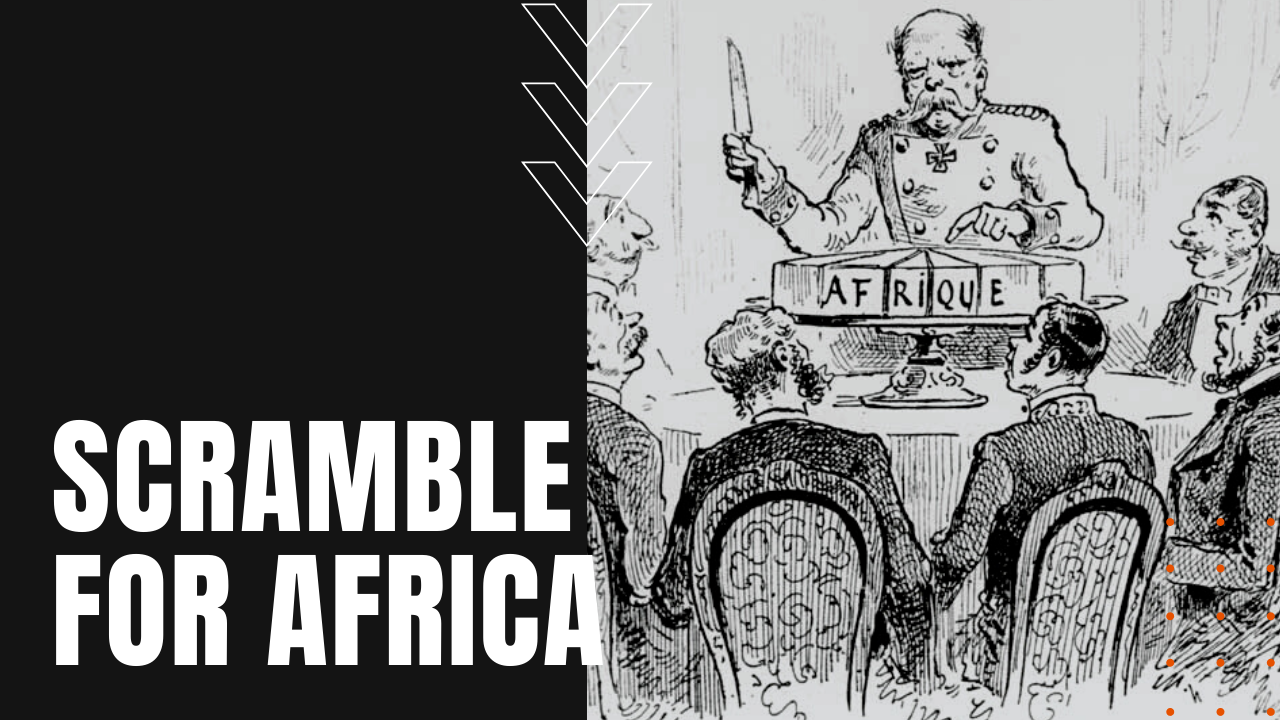Scramble for Africa: Europe’s Age of Imperialism

Due to high infectious disease rates and the fear of the unknown, by the late 1870s, Europeans controlled less than ten percent of the African continent, limited mostly to coastal regions. Portugal possessed the most important holdings in Angola and Mozambique, with Great Britain holding the Cape Colony, while the French had a foothold in Algeria. That dynamic would shift dramatically between 1881 to the outbreak of World War One in 1914, in what historians now call the New Imperialism or the Scramble for Africa, which saw 90% of the continent controlled by seven European powers.
What Was the Scramble for Africa?
The scramble by Europeans seeking raw materials and fresh export markets erupted into a land-grab free-for-all during a time when breakthroughs in medicine, communication and transportation made the colonization of Africa much more attainable, leading to the Berlin Conference or Congo Conference of 1884.
Organized by Otto von Bismarck, the first chancellor of a unified Germany, the primary purpose of the conference was to prevent wars between European powers competing for African lands, and while many improvements to African infrastructure, living standards and overall development can be cited during the period, the high volume of atrocities committed by European overlords in many ways negates the appearance of progress on the continent.
Cruelty in the Congo
Atrocities included brutal acts in the Belgium Congo, where an estimated eight million natives died between 1885 and 1908, while neighboring French Congo introduced brutal labor methods and foreign diseases that wiped out 50% of the indigenous population.
During the New Imperialism period in Africa, the nations of Spain, Britain, France, Belgium, Portugal, Germany and Italy added nearly 9 million square miles to their colonial empires—one-fifth of the world’s useable land area.
Many uprisings and independence movements dotted the New Imperialism age, including the Moroccan Crisis, the Agadir Crisis, the Fashoda Incident, the Herero Wars, the Maji-Maji Rebellion and the Dervish Resistance. The period ended with the onset of the First World War, when Europe’s focus shifted rapidly from colonial expansion to the fight against German aggression.
